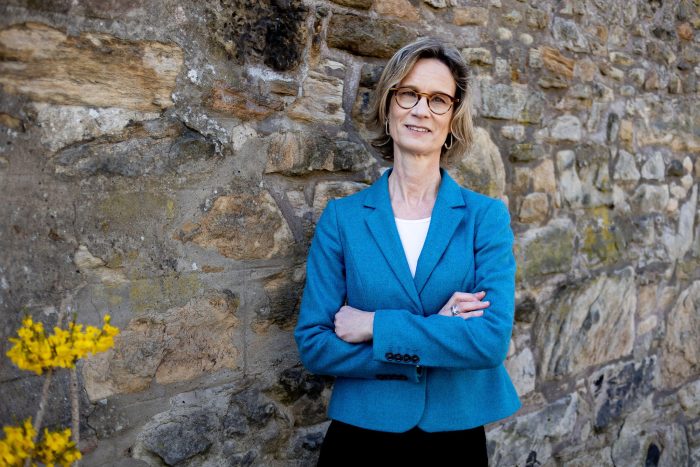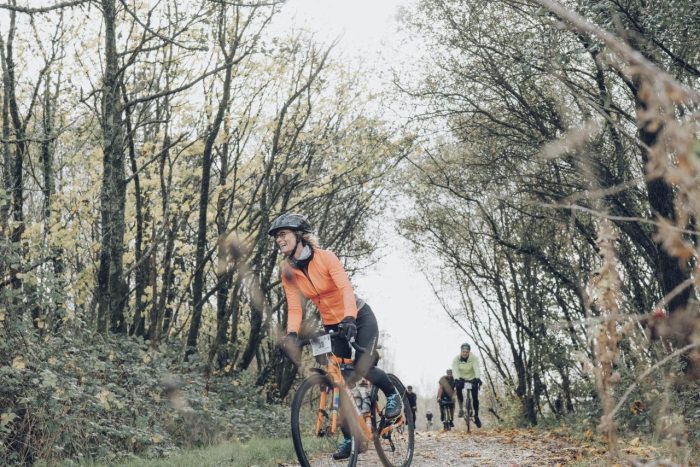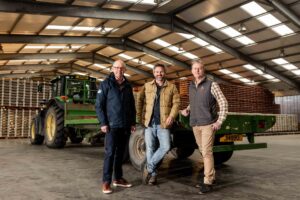
Rising sea levels, cloudbursts, flooding, drought and nature loss. They are all indicators of the climate emergency. Ahead of a special environment-themed RURAL in the summer, the magazine’s environment writer, Caroline Spencer, asked sustainability expert Fran van Dijk about what we can all be doing to mitigate climate change.
Fran, a former student at Jersey College for Girls, is chief executive of One Stone Advisors Ltd, a global strategy and communications team which helps companies become more successful sustainability leaders. She is also deputy chair of the Scottish Environment Protection Agency and chair of the Macaulay Development Trust which funds research into sustainable land use and hosts Scotland’s premier science lecture.
We asked Fran what she considers to be three main things that we can all do to help make a difference.
‘The first thing you should do is look at how your pension is invested,’ she said. ‘Investing your pension according to strong environment, social and governance principles will have 21 times more impact than you making changes in your lifestyle.
‘Where is your money invested? What is it supporting? Is it supporting the things and companies you believe in? Ask your financial adviser for the details. When you look into it, you probably won’t like what you see.
‘Secondly, diet. Try to reduce the amount of meat and most animal products that you eat. That can make a really big difference.
‘And try to decarbonise. Think about which is the biggest source of energy that you use in your life, whether that is heating your house or swimming pool, driving a car or flying. Try to tackle those.
‘Admittedly it is difficult living on an island but a couple of flights less a year will make a difference. Make use of our gorgeous sunny days! With Jersey I have never understood why there aren’t solar panels on every south-facing roof.’
Fran added: ‘Though it’s a good question to ask what we can all do, I kind of rail against it because individuals can’t change the system alone. The system is controlled by very powerful corporations and governments, some of which are holding onto a carbon-intensive economy, because it benefits them in the short term. We can make our voices heard, we can ask questions and we can change how we vote, how we purchase and what we invest in. But ultimately the system must shift from carbon intensive to zero carbon, and that means moving financial flows into renewable technology and removing subsidies for hyrdrocarbons. Currently investment in low vs high carbon activity stands at about 1.5:1. To get to net zero by 2050 it must shift to 9:1 by 2030. In other words, we’re looking at transformational change.
‘Choose to buy from companies whose principles you believe in and can prove through proper transparent reporting what they are doing to make progress.’
Useful source: Make My Money Matter
*‘There is a massive opportunity for farmers in Jersey’

Read RURAL’s interview with Fran here:




